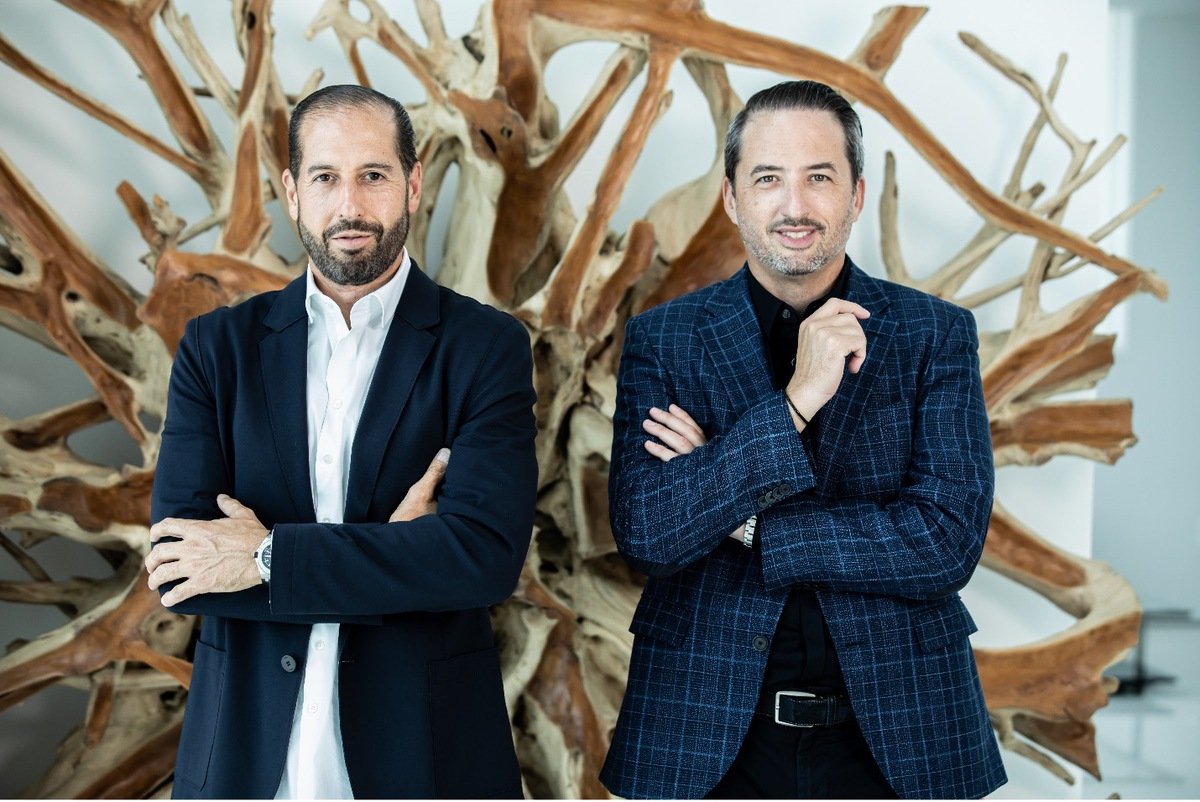Mauricio Ordonez, founder and managing director of the QKapital Group in Miami, says that it’s easier to get a mortgage loan as a foreign national than it is as an American. His company QKapital has zeroed in on the niche market of foreign mortgage lending. Coming from a Colombian background, Ordonez naturally had some insights into the foreign market, and he brought those insights to Miami in 2007, when QKapital opened its doors. Since then, he’s seen the mortgage lending market for foreign nationals explode in numbers. Though some mortgage brokers are privy to the emerging market, it’s still a growing and niche area that Ordonez’s company is nurturing.
Ordonez shared his insights on the market and explained why foreign nationals are becoming increasingly attracted to American property.
Q: How did you get your start with lending to foreign nationals?
A: When I started as a mortgage broker, I focused on lending to foreign nationals from South America because they want to invest in the U.S. and leverage the investments with American banks. That’s how it started, and in 2007, I created my company called QKapital. It’s licensed as a mortgage servicing lender in Florida and in Texas and New York, lending to foreign nationals mainly in Florida with over 2,000 transactions and $3 billion lent to foreign banks through American banks.

Has the landscape changed since COVID?
So, before COVID, investors depended on what happened in their own country with their governments. If things are going to the left, then every person tries not to put the same investments in the same basket, and they try to buy things in USD; if things are going bad in Argentina, that’s what I see. Today, our number one buyers are from Colombia because in one year, [Colombia has] elections…and people are afraid the same thing will happen [that happened in] in Venezuela. Today, I’m seeing Colombians buying more than any other country. People coming from Argentina is still a trend, but it’s not a new trend, its constant. Much more today, Colombians are buying.
Also, some buyers from Peru are coming; we’re starting to see that trend, too.
What type of property are foreign nationals interested in?
They’re buying investments in residential and commercial properties—in most of the cases. They also buy second homes—but 90 percent of the foreign buyers buy investment properties—10 percent buy their second home.
Normally, these are people who are business owners or they’re very hard-working people. They’re entrepreneurs, owners of companies; numbers-wise, out of the buyers, 90 percent are self-employed by companies. Most of them are entrepreneurs and owners of companies—agriculture, sugar companies, etc.
Most of my business is between Miami and Orlando, Palm Beach. Today, I’m getting a lot of deals in New York because of the discounts they’re giving on properties in New York. I’m currently with a lot of Mexicans buying in New York—not as an investment but second homes—also Colombians. Because they’re planning, once their kids finish high school, to go to New York and study in New York, Manhattan. They’re wealthy Mexicans, and they’re giving good discounts on new properties. As well, they’re entrepreneurs and business owners. They’re buying mainly today, more often in New York, because of the discounts, 15 to 20 percent discounts on developer units. Developers have a $4 million apartment; they give a 15 percent discount. In New York, it’s because of COVID; in Miami, there are no discounts. In Miami, prices are going up over the last eight months, which is also because of COVID. A lot of people from New York have moved to south Florida, and they’ve raised the prices here residential-wise. In N.Y., it has not been the same thing; New York, today, the new development properties are giving discounts.

Why is it easier to get a mortgage loan as a foreign national?
The very low rates are today’s opportunity. A foreign national can get rates under 4 percent. That’s why we’re booming.
You don’t need to be a citizen or have a visa to get a mortgage. If you have a visa, you will get access to the best rates.
If you have a good income and good credit, you don’t need me, but if you don’t have a perfect scenario, I can do an American loan. When Bank of America does not approve you, I do have other sources to approve your loan.
To do a loan as a foreign national, the documentation is easier. They put down a bigger payment than Americans, but once you put 30 percent down, the bank feels more comfortable. Normally, they put [down a] 30 to 40 percent payment, which makes a bank more comfortable. My job is educating foreign nationals that they can invest in the U.S. and get loans. For them, the toughest thing to do is understand how an American bank is going to approve them with such easy documentation, it’s very easy documentation. I’m trying to give them confidence—that somebody who doesn’t know me thinks I’m going to perform and get a mortgage for them. Once they trust me, it’s very easy. Trust is what I work really hard to get.
$74 billion were sold to foreigners. The market is huge. Americans need their credit score, tax returns, but you don’t need that for a foreigner. It’s easier for them to get loans. Having the liquidity and the money in their bank accounts makes it easier. Cheap credit gives you the opportunity to spend it somewhere.
Sellers are very picky with the timing. I haven’t seen this volume of mortgage deals since 20 years ago. Governments need foreigners to keep improving the economy, they need foreigners to come live here and come invest here. The number of immigration attorneys has gone up, and they need 80 million foreigners to keep the economy booming. The U.S. economy needs foreign investors. They’re buying, consuming and building.







